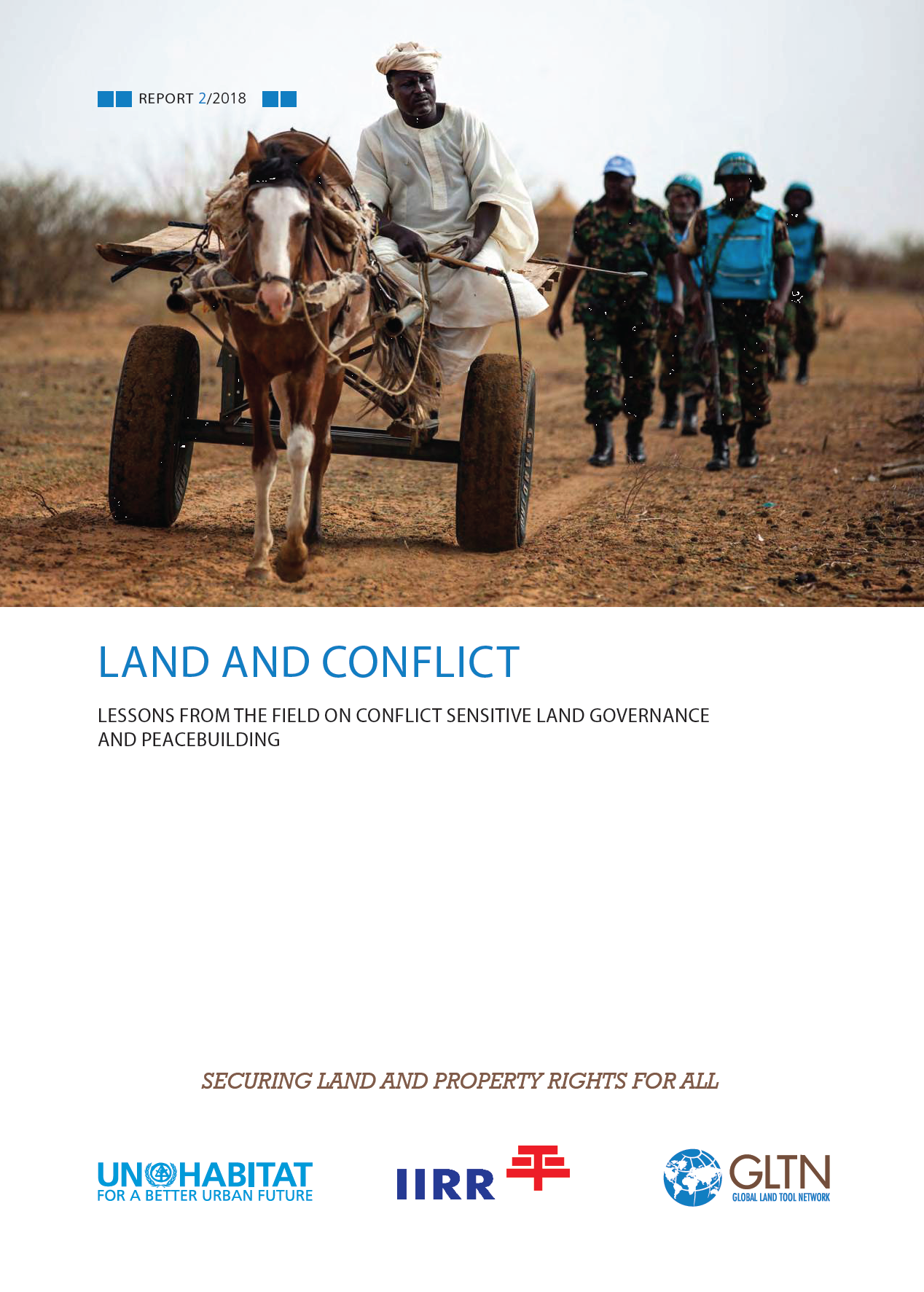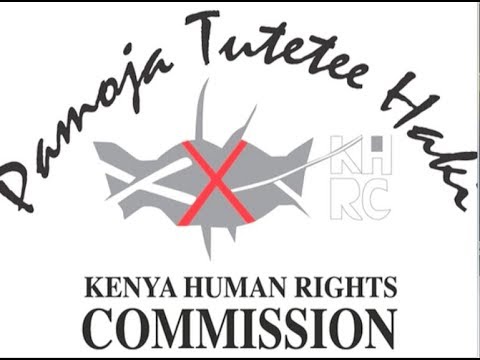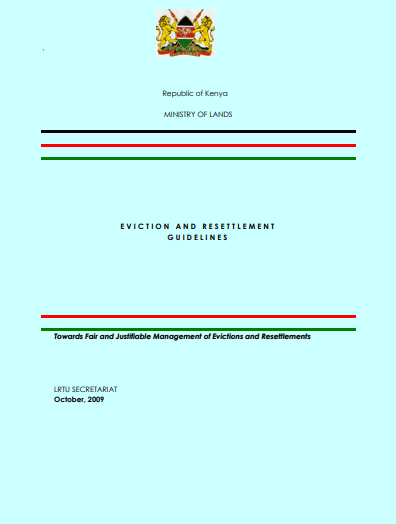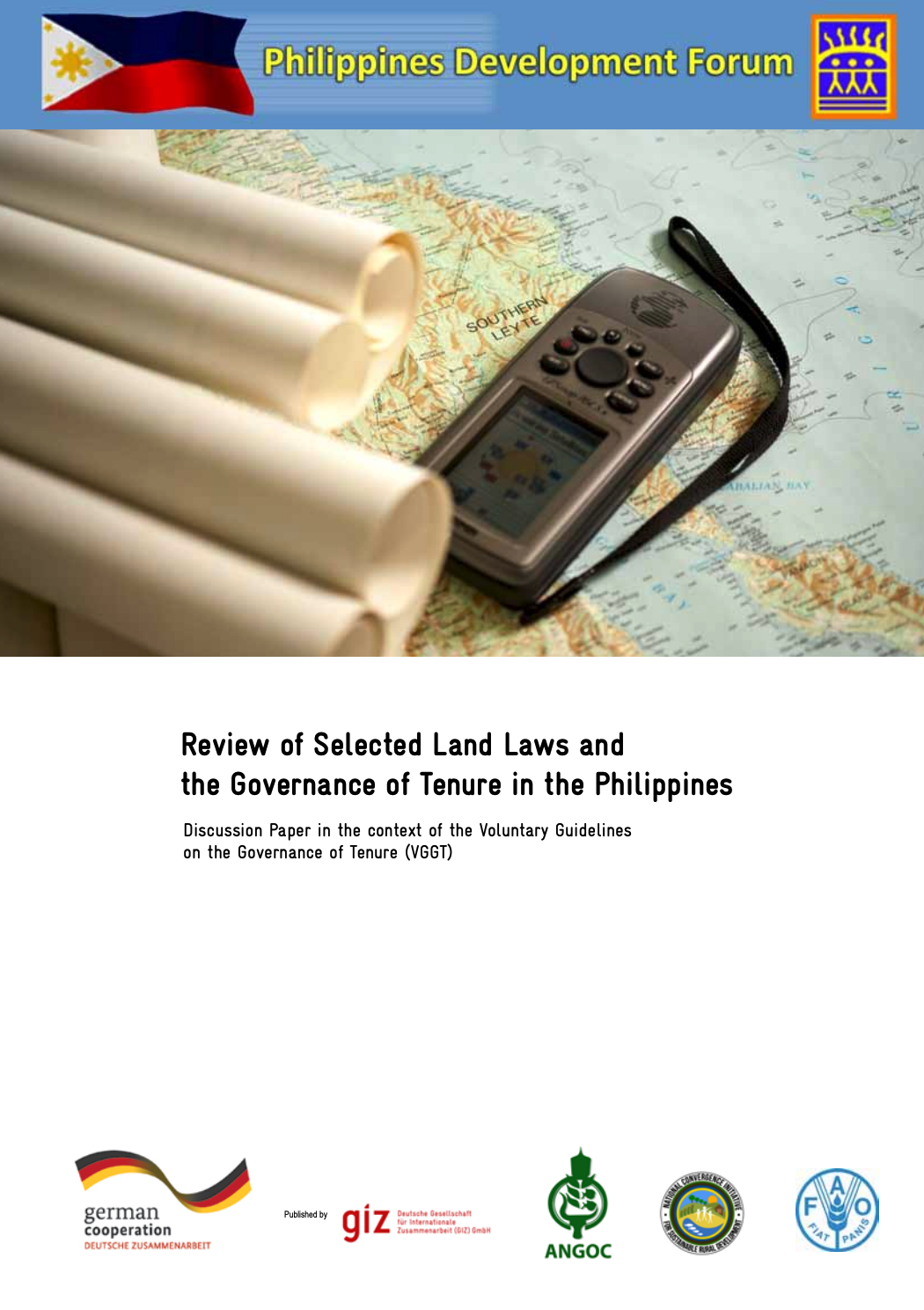Engineering Ethnic Conflict: The Toll of Ethiopia’s Plantation Development on the Suri People
Report highlights the effects of government actions on the Suri people of south-western Ethiopia, who are representative of numerous ethnic communities whose subsistence practices and culture are treated as impediments to Ethiopian economic growth. Uncovers the truth behind a reported massacre of 30 to 50 Suri people in May 2012 near the 30,000-hectare Malaysian-owned Koka plantation. Reveals the destabilizing effects of foreign investment in south-western Ethiopia and examines the role of international aid programs in supporting forced evictions in the country.










